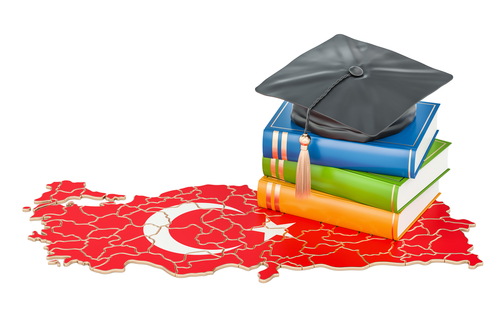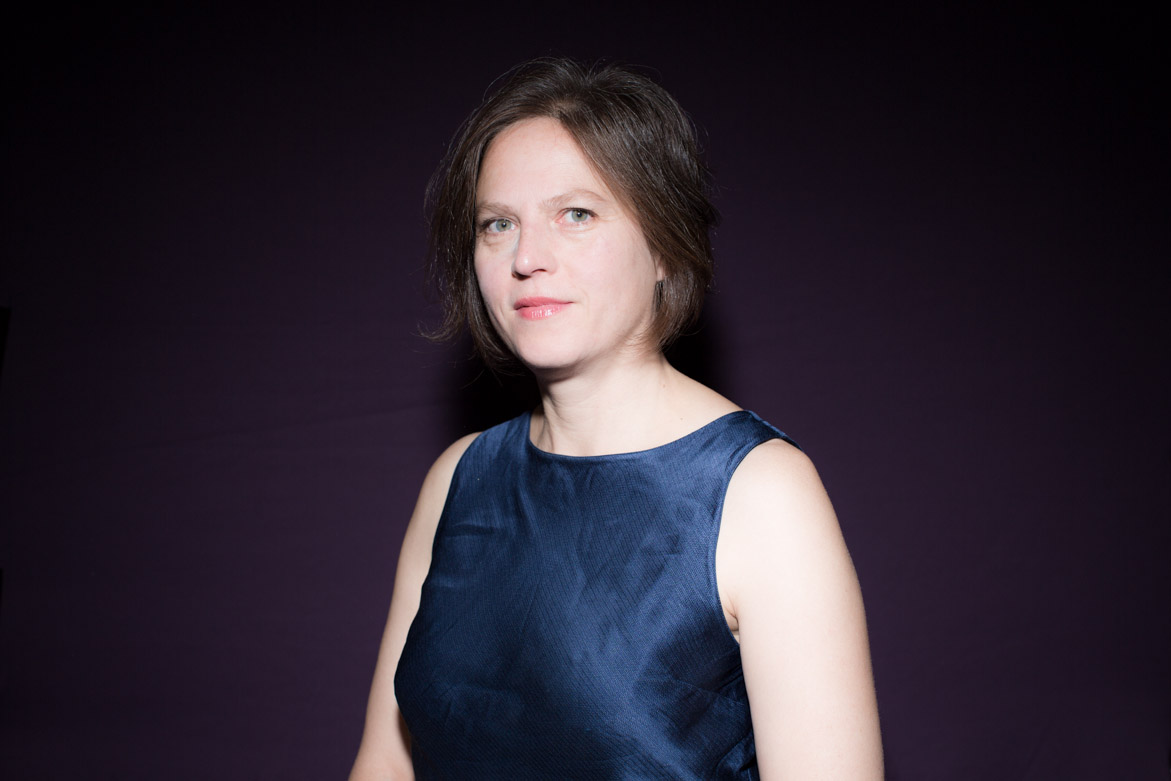Turkey end French studies in response to call for Koran reform
Turkey has decided to suspend the opening of several French studies departments in its universities, in a context of bilateral tensions after the publication of a "manifesto against new anti-Semitism" last month, calling for the correction of some parts of the Quran. Dorothée Schmid, head of the Contemporary Turkey program at Ifri, analyses the reasons behind this decision and its implications for the two countries.

"Turkey says it is phasing out French studies in its universities because of a controversial manifesto published in a French newspaper.
Turkey's Higher Education Board has ruled that students will no longer be admitted to French language departments in the country's universities.
The announcement was made in response to a controversial manifesto entitled Contre le Nouvel Antisémitisme (Against the new anti-Semitism), signed by 300 French academics and politicians, including film star Gérard Depardieu, former president Nicolas Sarkozy and former prime minister Manuel Valls.
Officials also said it was because of the lack of Turkish studies in French educational institutions.
The manifesto calls for an official correction of "anti-Semitic" sections of the Koran.
Although the manifesto was a private initiative and not a French government statement, Turkish President Recep Tayyip Erdogan responded by saying the French had no right to attack scriptures sacred to Muslims.
"This is the latest episode in the bilateral tension," according to Dorothée Schmid, of the French Institute for International Relations (Ifri).
French-speaking schools in Turkey have a lot of students but there is no reciprocity, the Turkish government points.
"We do not have as many schools in France where you can learn Turkish," says Schmid. "They are pursuing an expansion of Turkish soft power through its language. The authorities have put a lot of effort in promoting the language abroad, especially since the Arab Spring."
The relations between Turkey and France have been tense since Turkish military operations against Kurdish fighters in Syria started in early 2018, leading to criticism by President Emmanuel Macron and members of his government.
And moves against the media and towards allegedly authoritarian presidential rule have also come under fire in France and the rest of Europe.
Erdogan's critics "are hoping for a political normalisation in Turkey", says Dorothée Schmid, with early presidential and parliamentary elections due to be held on 24 June."
Read the article on RFI English website.

Share







